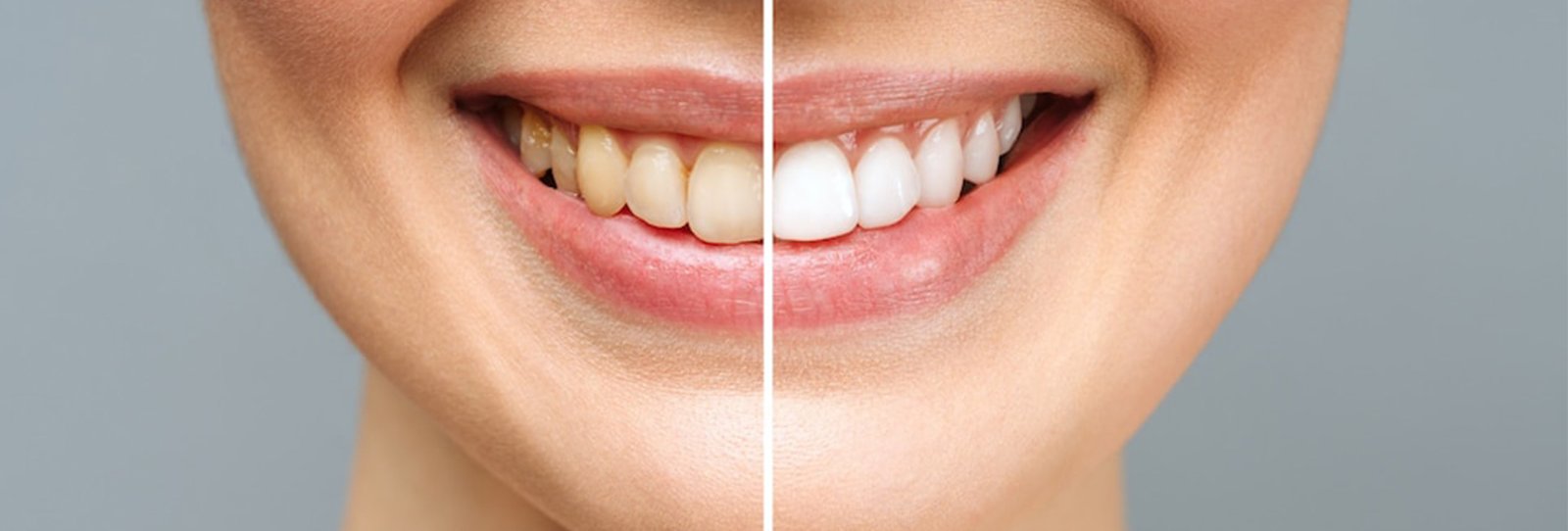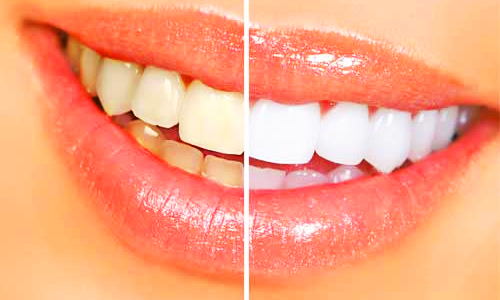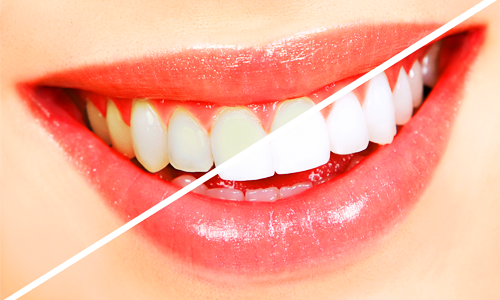What Is Done in Teeth Whitening?
Teeth whitening has become a popular cosmetic dental procedure in recent times. It involves various methods
aimed at brightening and enhancing the appearance of teeth by reducing discoloration and stains. This article
will delve into the intricacies of teeth whitening, exploring its mechanisms, methods, risks, and future
prospects.
Introduction to Teeth Whitening
Teeth discoloration is a common concern affecting many individuals. Understanding the causes of
discoloration and the types of stains is crucial in comprehending teeth whitening processes. Factors such as
aging, dietary habits, smoking, and certain medications contribute to teeth staining. There are two primary
types of stains - extrinsic (surface stains) and intrinsic (internal stains).
Common Teeth Whitening Methods
The market offers various teeth whitening options, including over-the-counter products and professional
dental treatments. Over-the-counter products like whitening toothpaste, strips, and gels are easily
accessible. On the other hand, professional treatments conducted by dentists involve stronger bleaching agents
and specialized procedures, delivering more immediate and noticeable results.
How Does Teeth Whitening Work?
Teeth whitening primarily involves the use of bleaching agents like hydrogen peroxide or carbamide peroxide.
These agents penetrate the enamel and target the discolored molecules, breaking them down to reduce
discoloration. The process helps in achieving a brighter smile by altering the tooth's color.

Risks and Side Effects
While teeth whitening is generally safe, there are potential risks associated with the process, including
tooth sensitivity, gum irritation, and enamel damage. Adhering to recommended guidelines and seeking
professional advice can help minimize these risks.
Professional vs. At-Home Teeth Whitening
Comparing professional treatments with at-home options reveals differences in effectiveness, safety, and
cost. Professional treatments, while more expensive, often yield faster and more consistent results,
supervised by dental professionals. At-home methods may take longer and require strict adherence to
instructions for optimal outcomes.
Natural Teeth Whitening Remedies
Several natural remedies like baking soda, activated charcoal, and oil pulling are believed to whiten teeth.
However, their efficacy and safety require further examination. It's essential to approach these methods
cautiously, considering potential risks.
Longevity of Teeth Whitening
The longevity of whitening effects varies among individuals due to factors such as diet, oral hygiene, and
lifestyle choices. Proper maintenance and regular dental check-ups can extend the results of teeth whitening
procedures.
Consultation and Professional Advice
Seeking guidance from a dental professional before opting for any teeth whitening procedure is crucial.
Dentists can evaluate individual needs and recommend personalized treatments, ensuring safety and efficacy.
Personalized Teeth Whitening Plans
Tailoring teeth whitening plans based on individual requirements and concerns is vital for optimal outcomes.
Dentists can provide customized solutions catering to specific needs while addressing any underlying dental
issues.
Ethical Considerations in Teeth Whitening
Excessive whitening practices can pose risks to oral health. It's important to strike a balance between
achieving a brighter smile and maintaining good oral health, emphasizing responsible whitening practices.
Cultural Perspectives on Teeth Whitening
Teeth whitening practices can reflect societal beauty standards and cultural perceptions of attractiveness.
Understanding these cultural influences is essential in comprehending the popularity and impact of teeth
whitening.
Myths and Facts About Teeth Whitening
Dispelling common myths surrounding teeth whitening ensures accurate information dissemination. Debunking
misconceptions helps individuals make informed decisions about whitening procedures.
The Future of Teeth Whitening
Advancements in dental technology continue to revolutionize teeth whitening techniques. Predictions suggest
more
innovative and safer approaches in the future, offering enhanced results and minimal side effects.






